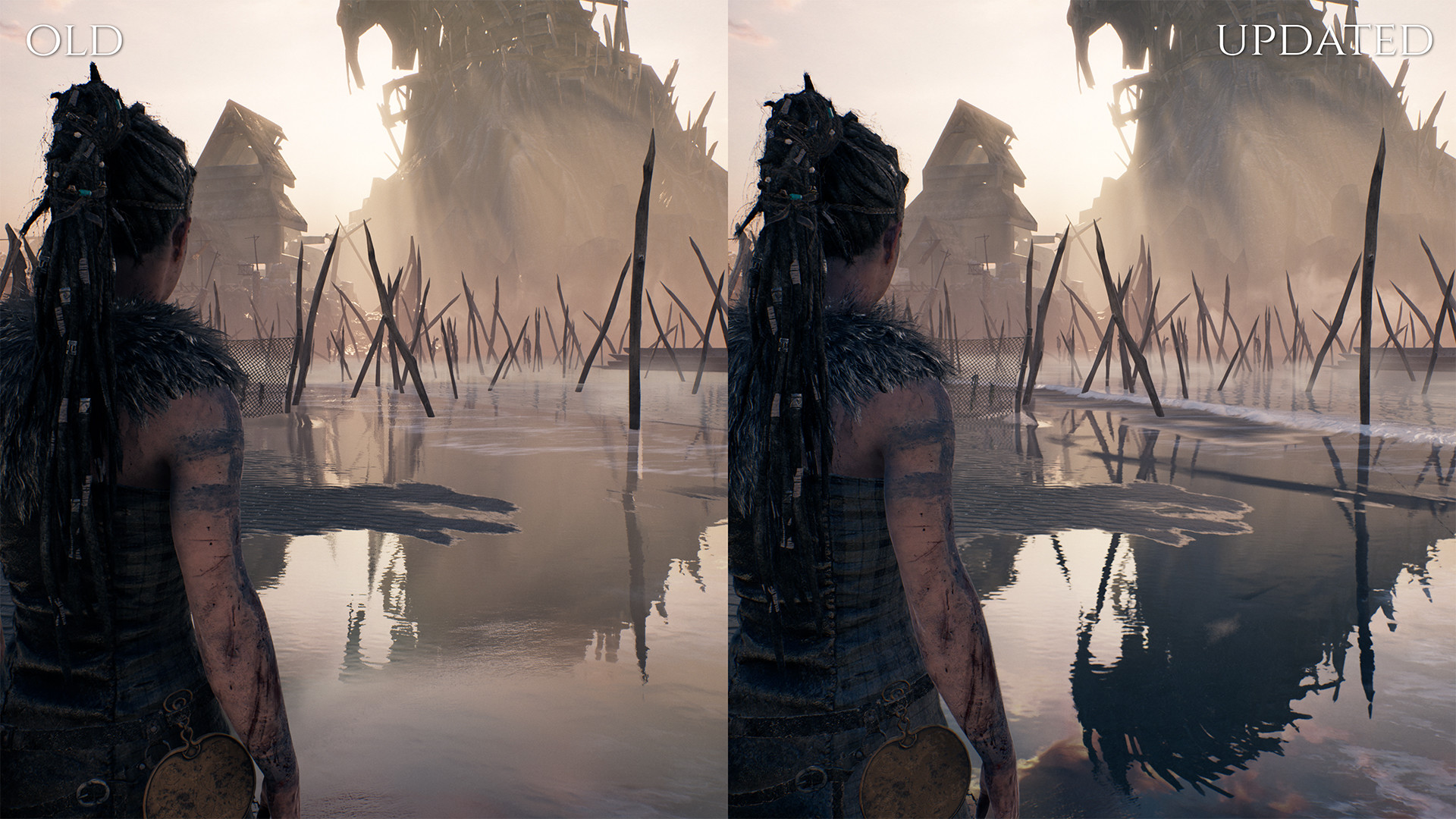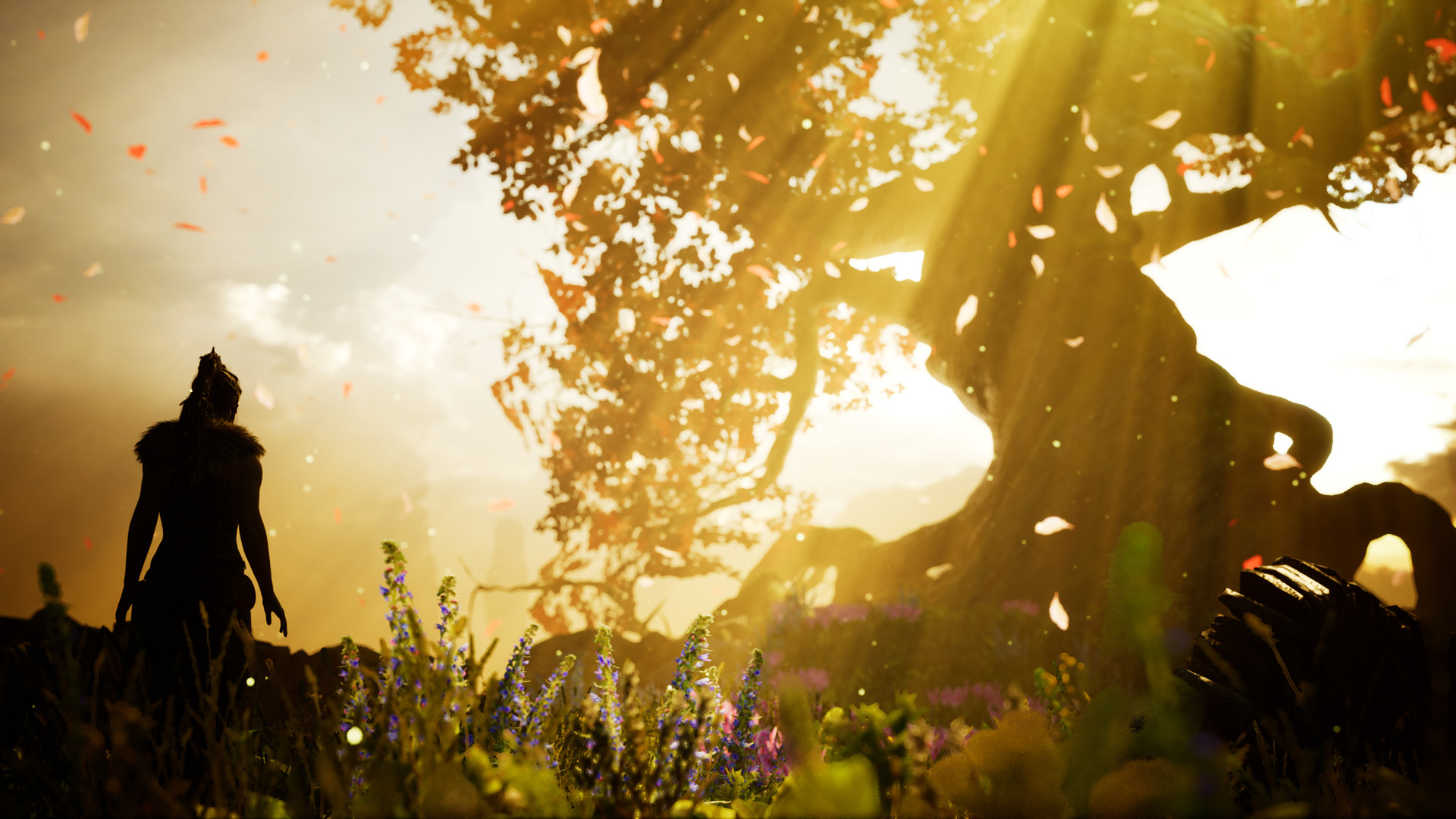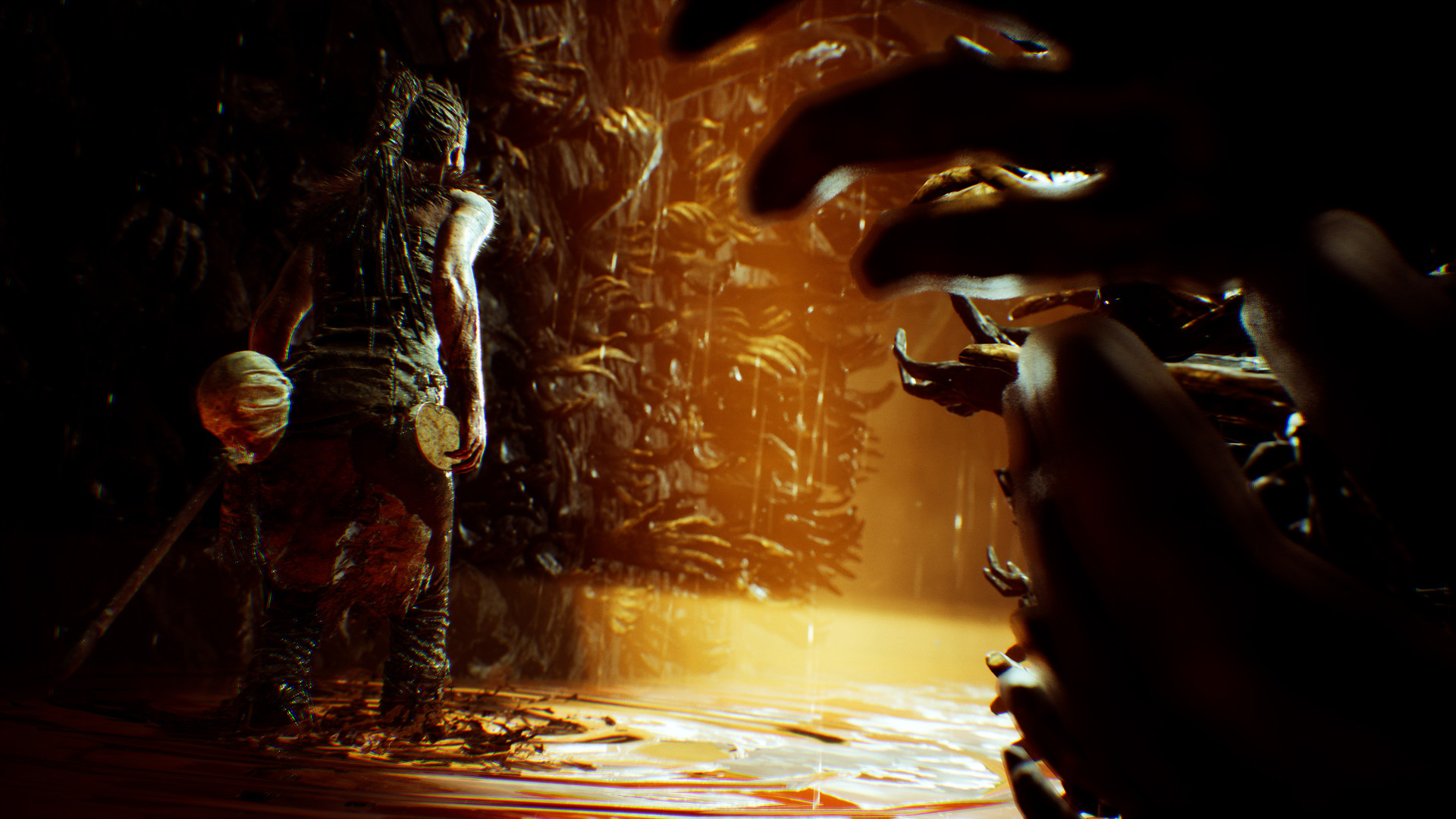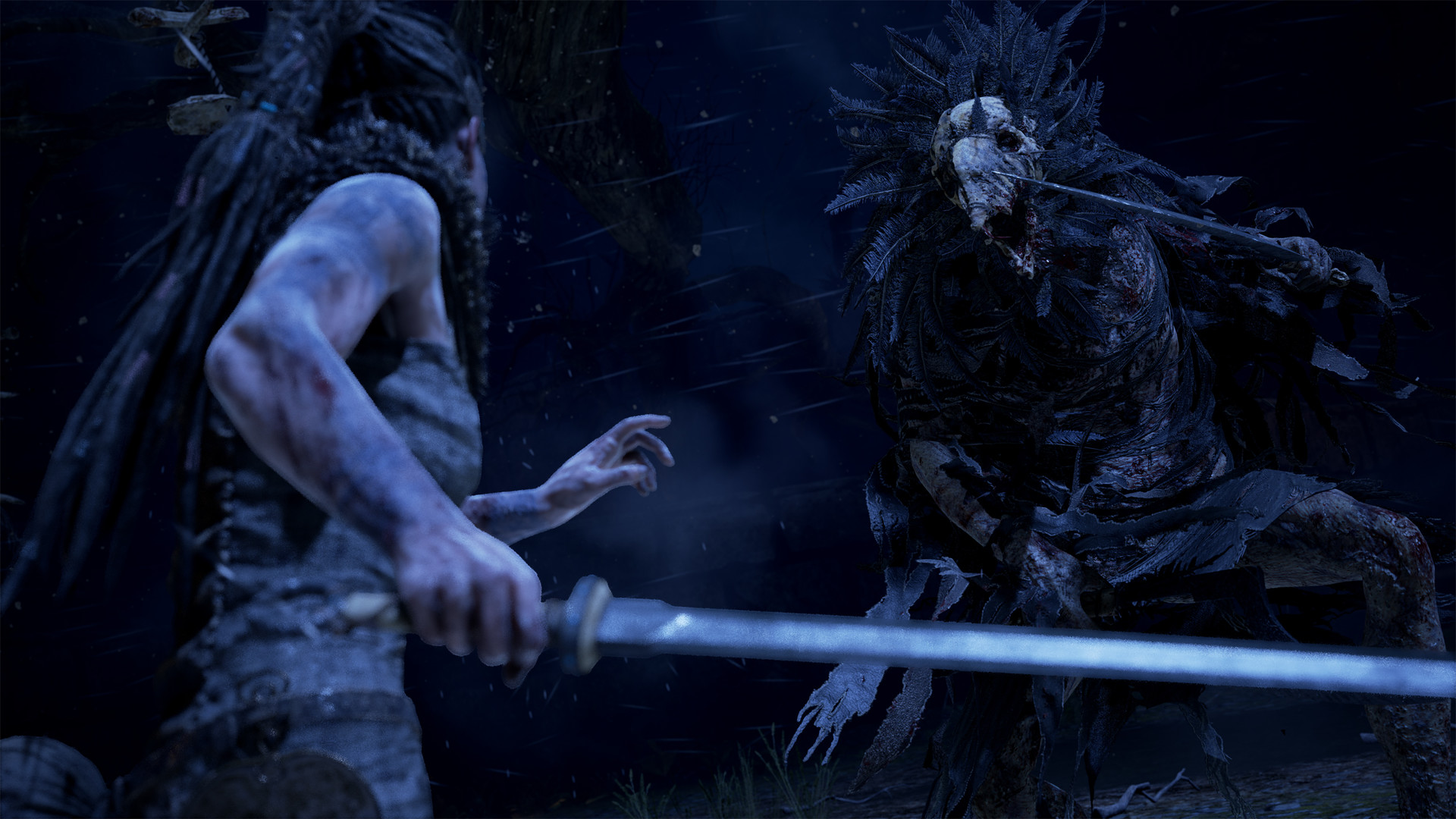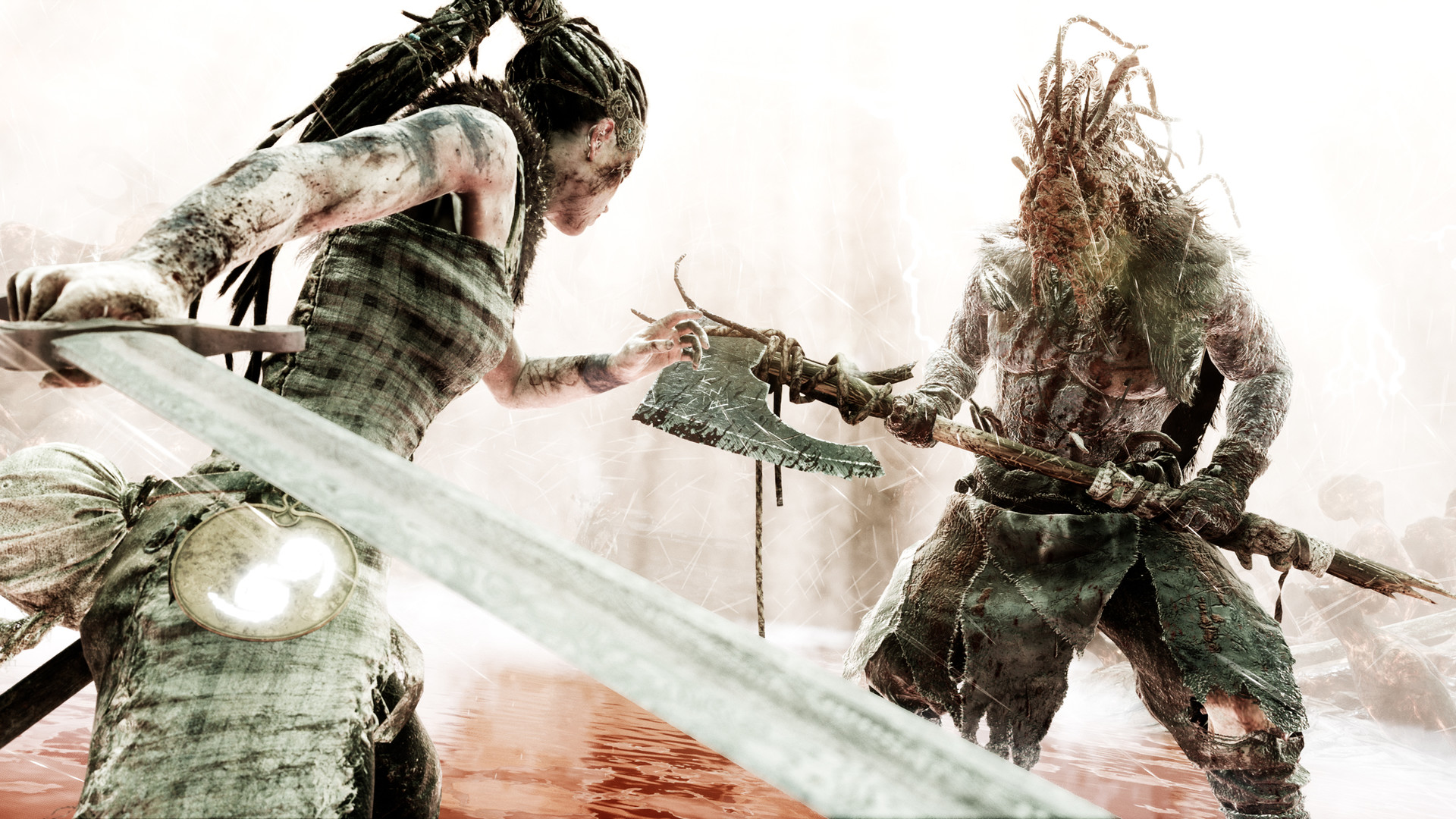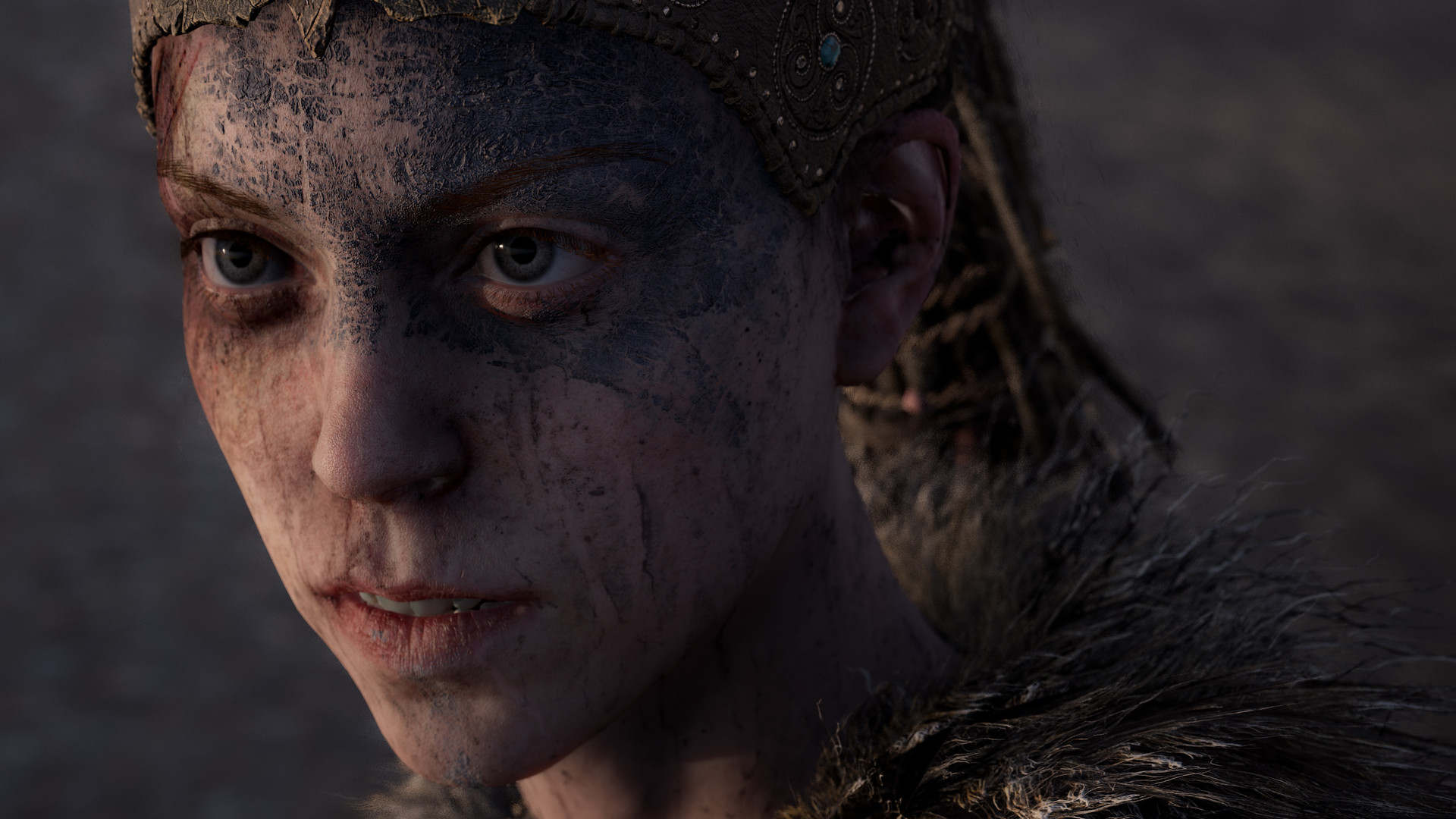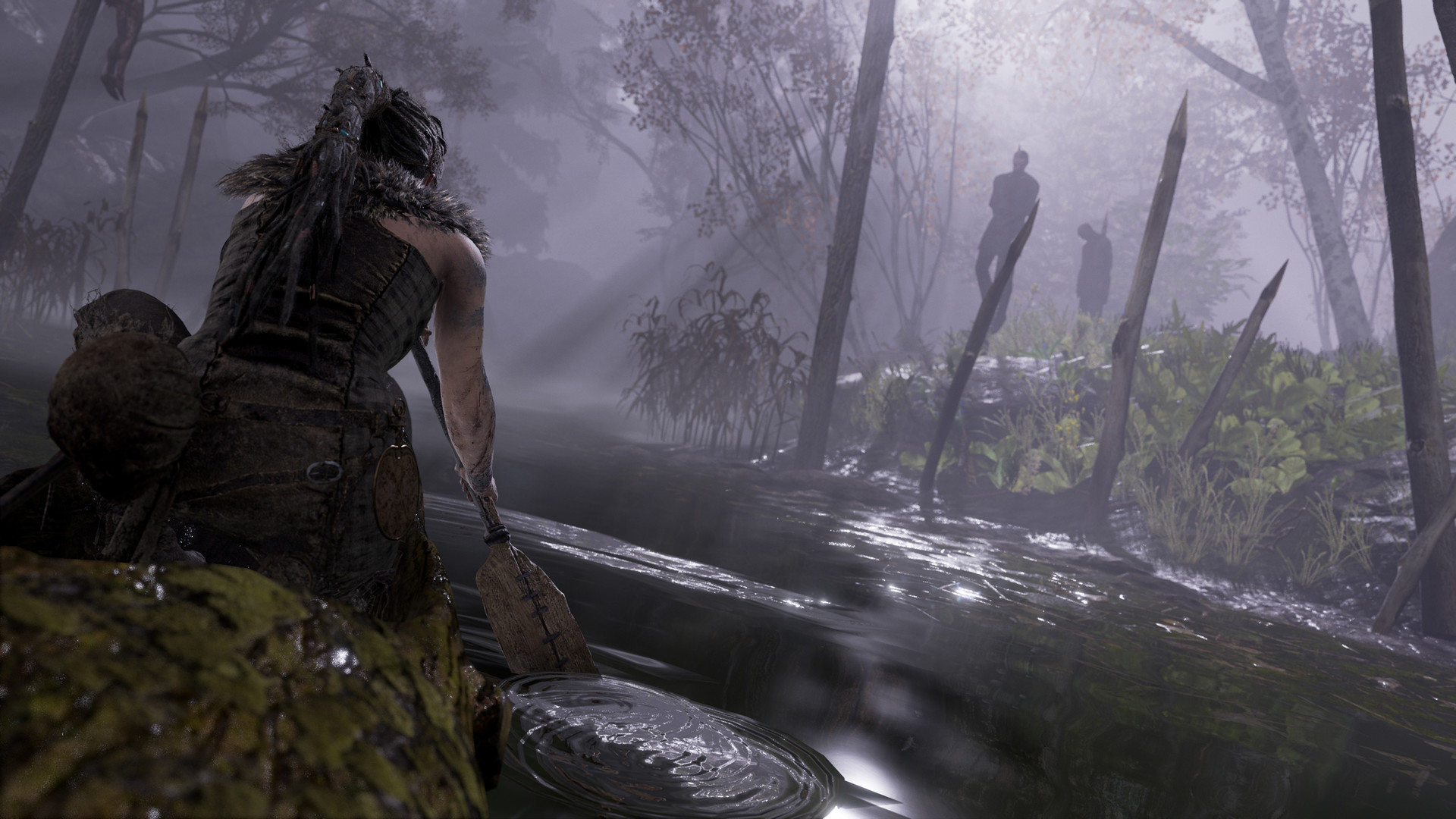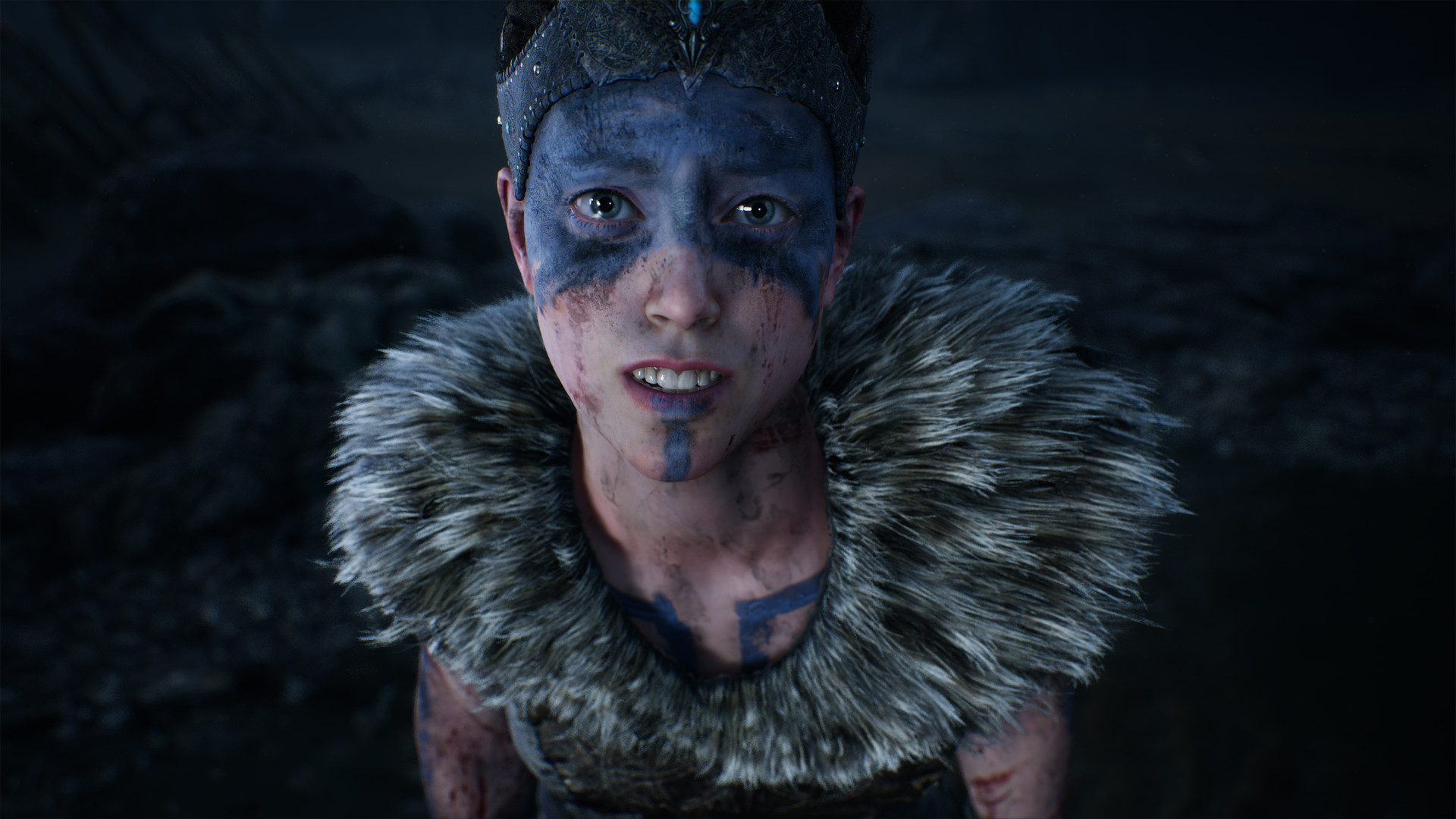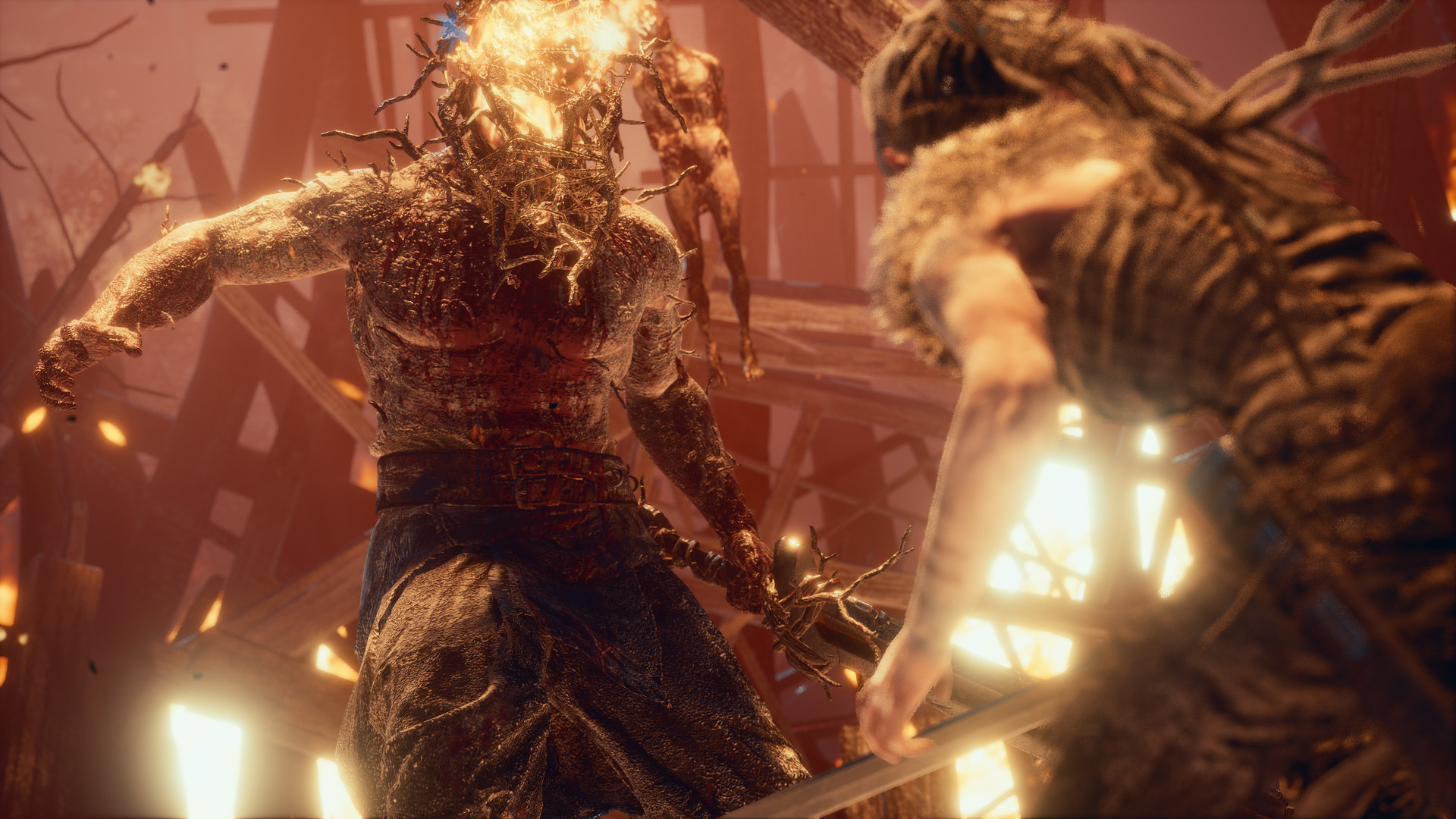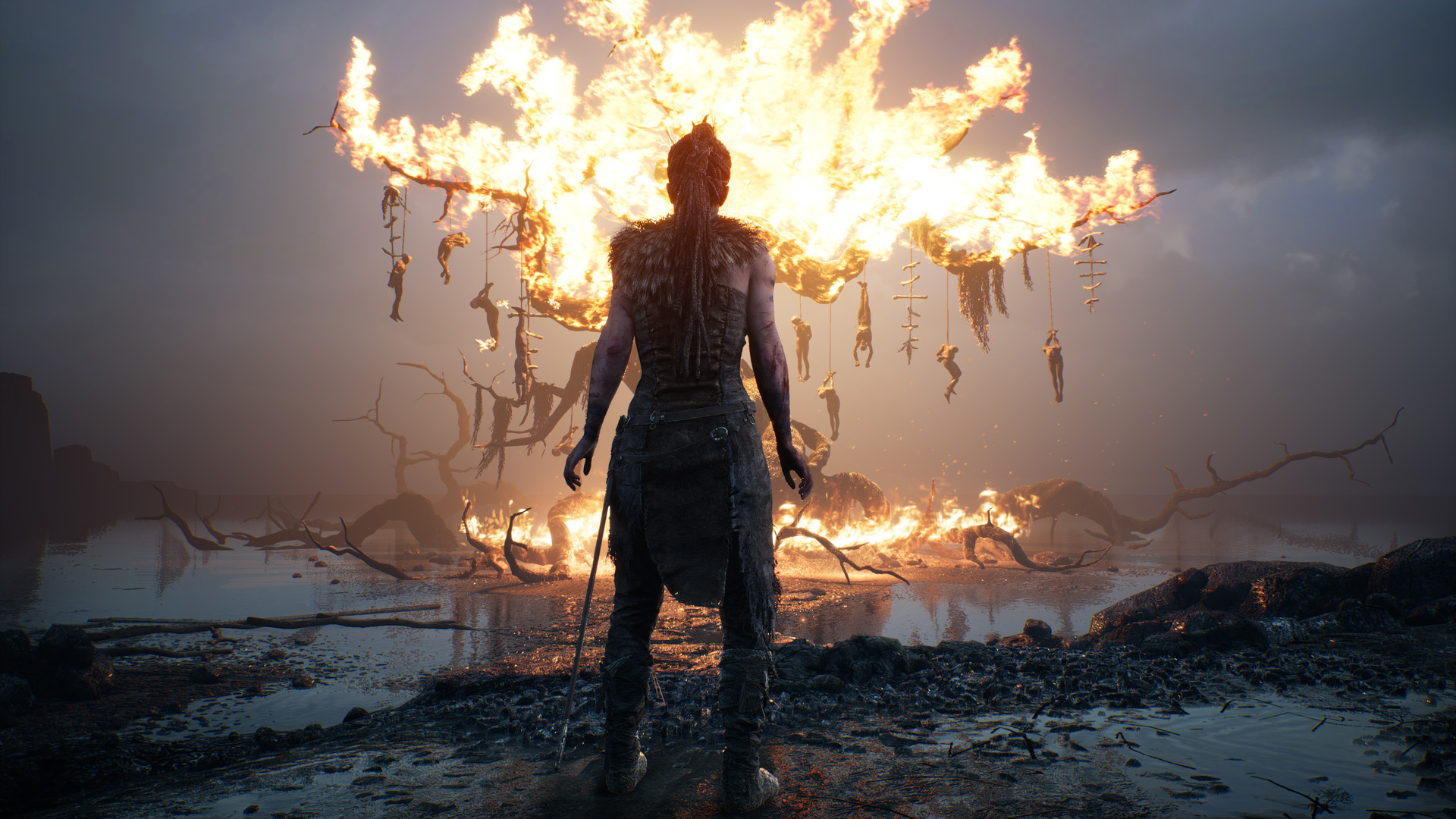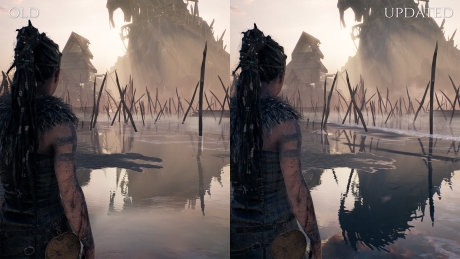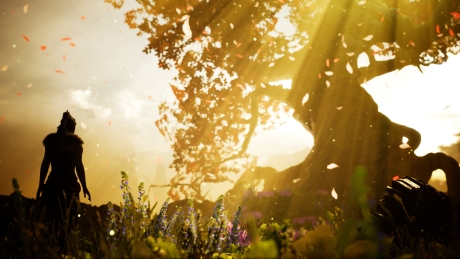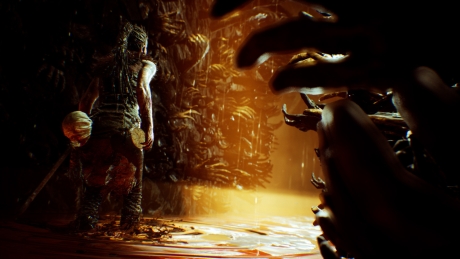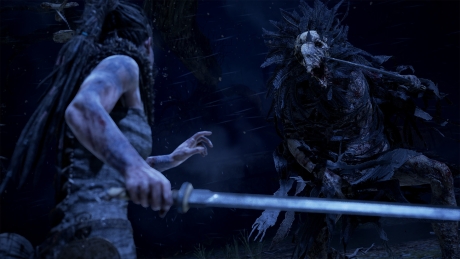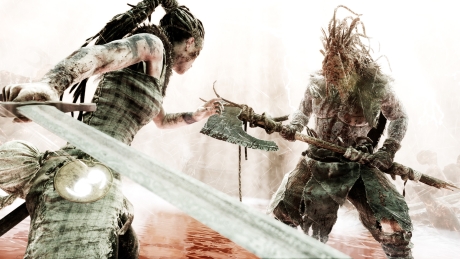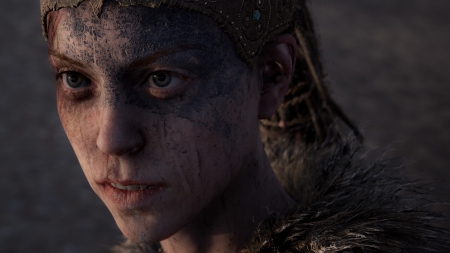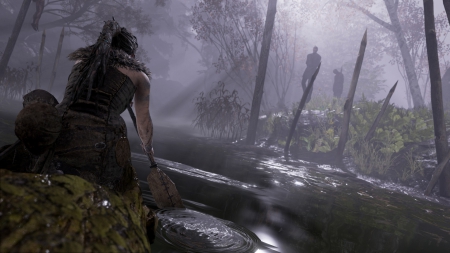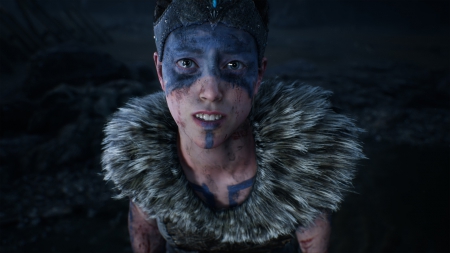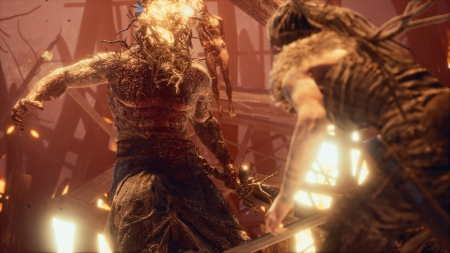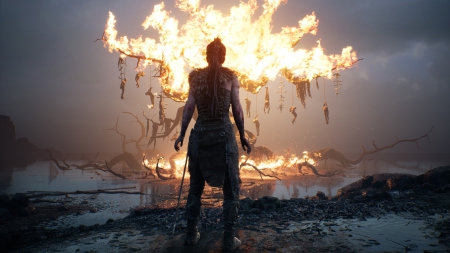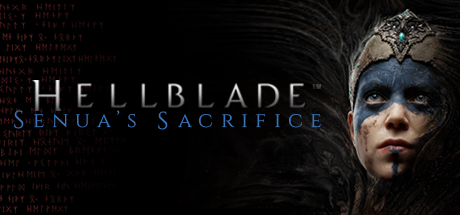Im Zeitalter der Wikinger macht sich eine gebrochene keltische Kriegerin geplagt von Visionen auf in die Hölle der Wikinger, um für die Seele ihres toten Geliebten zu kämpfen.
Hellblade: Senua’s Sacrifice wurde in Zusammenarbeit mit Neurowissenschaftlern und Menschen, die unter Psychosen leiden, entwickelt und wird dich bis in die Tiefen von Senuas Verstand entführen.
GAMEPLAY
- Bedienungshilfsoptionen sind beim Start im Erststartmenü verfügbar.
- Die Kampfschwierigkeit kann mit dem dynamisch angepassten Auto-Modus oder den manuell wählbaren Modi „Leicht?, „Medium? und „Schwer? eingestellt werden.
- Das Spiel kann sowohl während der Spiel- als auch der Videosequenzen angehalten werden.
AUDIO
- Die Lautstärke kann für Master, Musik, Soundeffekte, Stimmen und Menü eingestellt werden.
- Die Soundausgabe kann im Stereo- sowie im Mono-Soundmodus eingestellt werden.
GRAFIK
- Frabbilndheitsmodi und Intensitätskorrekturen können für die inbegriffenen Deuteranopie-, Protanopie- und Tritanopie-Filter eingestellt werden.
- Untertitel für gesprochene Inhalte können ein- und ausgeschaltet werden.
- Die Textgröße der Untertitel kann als „Standard? oder „Groß? festgelegt werden.
- Die Textfarbe der Untertitel kann als „Weiß?, „Orange?, „Grün? oder „Blau? festgelegt werden.
- Die Untertitelhintergründe können als „Transparent? oder „Opak? schwarz festgelegt werden.
- Der Textkontrast der Menühintergründe kann als „Halbtransparent? oder „Opak? schwarz festgelegt werden.
EINGABE
- Justierbare Eingabesensibilität für Controllerjoystick- und Maus-Achsen und optional invertierbare Kameraachsen.
- Keyboardtasten und Controllerbuttons können neu belegt werden (außer Kamerakontrollen und Menünavigation).
- Komplette Keyboardunterstützung - Das Spiel kann nur mit dem Keyboard gespielt werden (Pfeiltasten ersetzen Maus/rechten Stick).
- Controllervibration kann ein- und ausgeschaltet werden.
- Der Rennmodus kann so eingestellt werden, dass er durch einmaliges Drücken oder durch Gedrückthalten einer Taste aktiviert wird.
